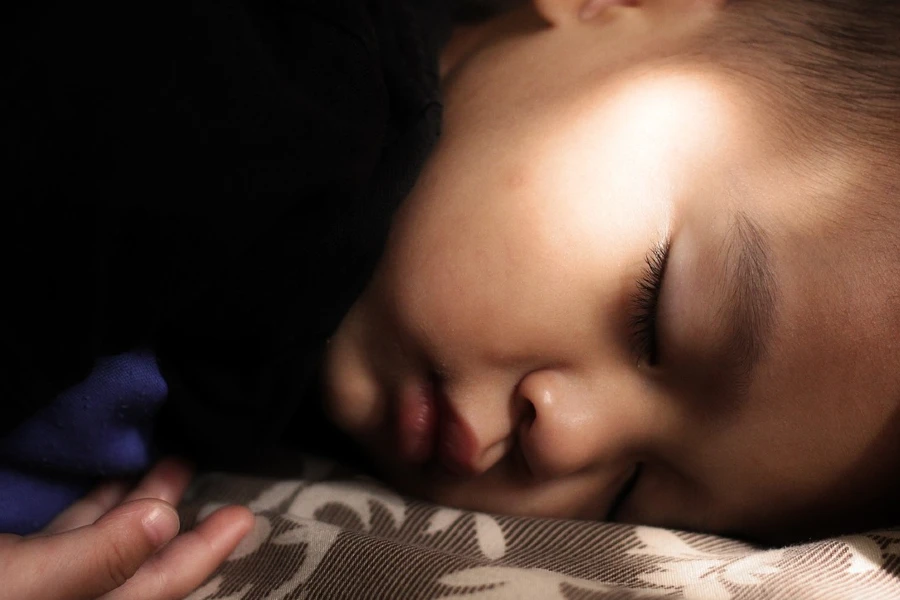Promoting Healthy Sleep in Infants Aged 0-to-2 Years
Promoting healthy sleep in infants aged 0–2 years is all about laying the groundwork for appropriate sleep habits. Here are some important strategies to consider:
Consistency is key.
Schedule: Establish a consistent bedtime and wake-up schedule, including on weekends. This helps to regulate their internal clock, making it simpler to fall asleep.
Bedtime Routine: Create a relaxing bedtime routine that signals sleep time. This could include taking a warm bath, turning down the lights, rocking, singing lullabies, or reading a book. Consistency is critical!
Create a sleep-friendly environment:
Safe Sleep: Always put your baby on its back in a crib with a firm mattress and a fitted sheet. To prevent the risk of SIDS, no loose blankets, pillows, or stuffed animals should be used until your baby is at least one year old.
Darkness and Coolness: Use blackout curtains or shades to keep the room gloomy. Aim for a pleasant, cool temperature (68-72°F).
Minimize Noise: White noise can benefit some newborns but keep the volume low. Aim for a relaxed atmosphere overall.
Gentle Sleep Cues:
Tired Signs: Put your baby down, drowsy yet alert. Look for signs of fatigue, such as yawning, fussiness, or eye rubbing. This teaches kids how to fall asleep alone.
Pacifiers can be relaxing and aid in self-settling. Avoid reintroducing them if they fall out during the night after six months.
Be patient with yourself and stick to your regimen.
Additional Tips:
Limit Screen Time: Avoid using screens (TVs, phones) for at least an hour before bedtime. Blue light can interfere with sleep.
Daytime Activity: Ensure your baby has enough stimulating playtime during the day. A tired infant sleeps better.
Feeding: Satisfy hunger before bedtime, but don’t feed them to sleep because it can cause sleep associations.
Patience: Developing good sleep patterns takes time and perseverance. It’s critical to recognize that creating a healthy sleep habit is a long process that demands dedication and effort.
Be patient with yourself and stick to your regimen, even if it feels difficult or you don’t see quick benefits.
The path to better sleep is not straightforward. There will be ups and downs, victories and defeats. Accept the process and trust that your body and mind will gradually adjust to the new sleep patterns.
Celebrate little triumphs, such as falling asleep faster or waking up feeling more refreshed, as they indicate that the pattern is working.
Consistency is essential when it comes to developing good sleeping habits. Maintain a consistent bedtime and wake-up time, including on weekends, to assist your body’s internal clock alignment.
Avoid deviating from the regimen, as this can undo your progress.
Remember that everyone’s sleep needs vary, and what works for one person may not work for another. Be patient with yourself as you experiment and discover your ideal routine.
With time and effort, you may build healthy sleep patterns that will give your body the rest and rejuvenation it requires.
Remember that each infant is unique, and what works for one may not work for another. If you are concerned about your baby’s sleep, do not hesitate to visit your pediatrician.













